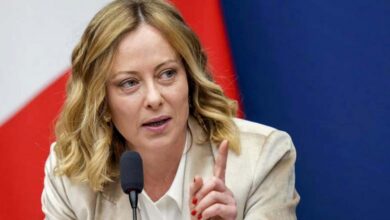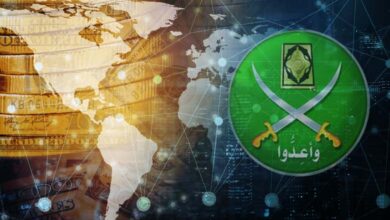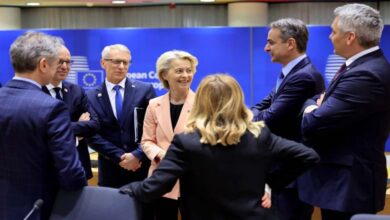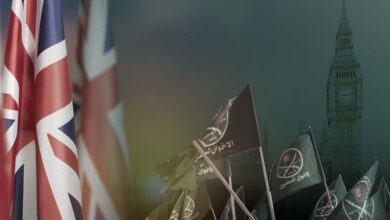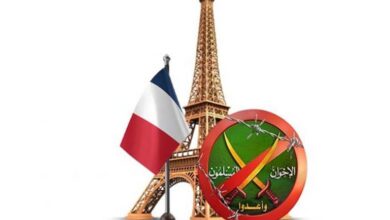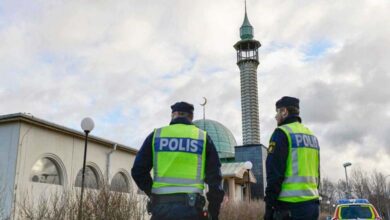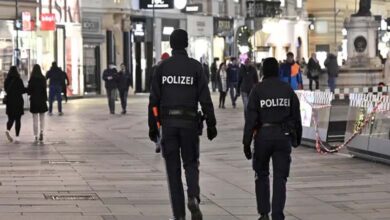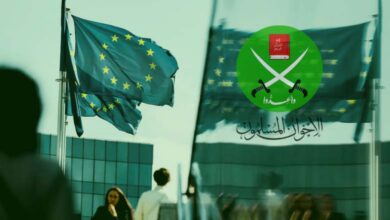Muslim Brotherhood Infiltration in France: A Threat to Society and How to Respond
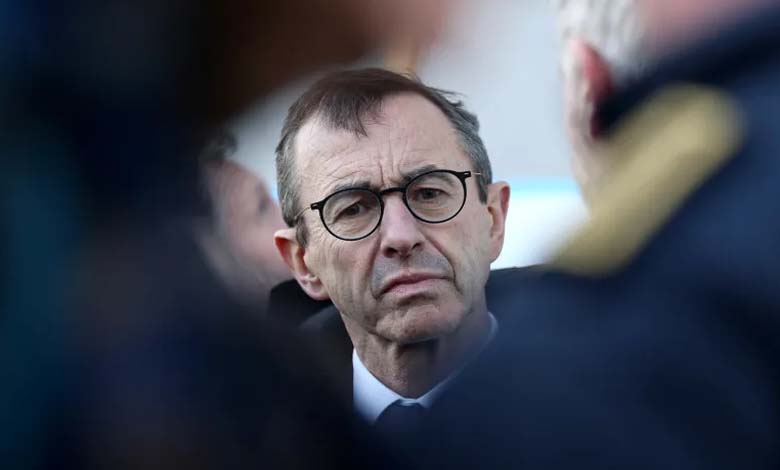
As concerns over the Muslim Brotherhood and political Islam grow in France, a recent government report has reignited debate over a controversial term: “infiltration.”
Originally coined by revolutionary leftist circles in France, the term has re-emerged in a completely different context — this time to describe alleged attempts by the Muslim Brotherhood to reshape society from within.
-
Is France Moving Towards a Decisive Confrontation with the Muslim Brotherhood After the Intelligence Report?
-
France Leads European Initiative to Ban the Muslim Brotherhood… What’s New?
Caught between security warnings, political discourse, efforts to integrate, and the risk of stigmatization, French Muslims once again find themselves at the center of a linguistic and political struggle — one that could further complicate their relationship with the state. But does “infiltration” represent a real threat to French society?
The word gained traction following the release of a report by the French Interior Ministry in May titled “The Muslim Brotherhood and Political Islam in France.” Although it was mentioned only once in the report, the impact was significant.
-
Muslims of France: A Brotherhood Front Undermining the Fifth Republic
-
The Muslim Brotherhood Threat in France: A Digital and Geographical Mapping
According to the report, “the Muslim Brotherhood practices infiltration, using a double discourse to conceal their true intentions while outwardly adhering to the values and principles of Western public life — with the aim of transforming societies from within and imposing their agenda.”
The document reignited debate around one of the most controversial concepts in discussions on political Islam in France: institutional infiltration, viewed as a gradual process using rhetoric that outwardly aligns with Western norms while concealing a more conservative religious agenda.
This has raised questions about the nature and scope of the threat, its impact on Muslim communities, and France’s legal capacity to respond.
-
The Muslim Brotherhood’s Threat to Education in France: The Frontlines Begin at Averroès
-
New Security Warning in France: The Muslim Brotherhood, “the Greatest Internal Threat”
What is “infiltration”?
The term has been part of the French political lexicon since the early 20th century, originally used to describe Trotskyist tactics of entering socialist parties to change them from within.
Today, it is being used to describe what some claim are Muslim Brotherhood strategies to influence French society, according to the French journal Philosophie.
The Interior Ministry’s report suggests that this infiltration is not achieved through overt actions but through the use of a double discourse: publicly aligning with secularism and French law, while covertly aiming to reshape social structures.
-
Reaching by Any Means: How the Muslim Brotherhood Penetrated France
-
France Continues to Pursue the Muslim Brotherhood… What’s New?
French researcher Laurent Bouarié, an expert in Islamist movements at the University of Lyon and the Montaigne Institute, said that “while the term ‘infiltration’ is only briefly mentioned in the Interior Ministry’s report, it encapsulates a broader debate about the Brotherhood’s relationship with Western democracy.”
He explained that the Brotherhood has long built soft networks through cultural, educational, and charitable organizations.
Yet, Bouarié believes the group’s real influence on French political or civic life is limited. He acknowledged the existence of figures and institutions close to its ideology, but said they lack electoral influence and broad popular support. Most Muslims in France, he added, are not involved in these structures.
-
Analysts Reveal France’s Stringent Measures to Confront the Brotherhood Threat in France
-
France: Increasing calls for banning the Muslim Brotherhood Organization… Why?
Bouarié noted that terms like “infiltration” and “double discourse” may be justified in specific security contexts, but they also create psychological and political pressure on law-abiding Muslims seeking to integrate.
Automatically labeling religious or cultural associations as Muslim Brotherhood fronts, he warned, confuses the legitimate religious activities of French Muslims and raises doubts about their social legitimacy — a risk that must not be underestimated.
Bouarié stressed the importance of organizational transparency, strict adherence to the law, and active civic engagement.
-
Monitoring the Muslim Brotherhood’s funds in France… A devastating blow to the group
-
Escalade against the Brotherhood: New measures taken by France to combat the currents of political Islam
He argued that Muslim institutions should avoid ambiguous rhetoric and clearly declare their support for republican values, while building genuine partnerships with civil and educational authorities outside of ideological frameworks.
Under French law, associations can be dissolved or restricted if found to promote hate or threaten public order.
However, Bouarié warned that the legal framework is delicate — no organization can be punished solely for its ideological leanings without concrete evidence of unlawful activity.
He emphasized the need for “serious, calm oversight,” distinguishing peaceful religious commitment from political actions aimed at undermining the republic.


